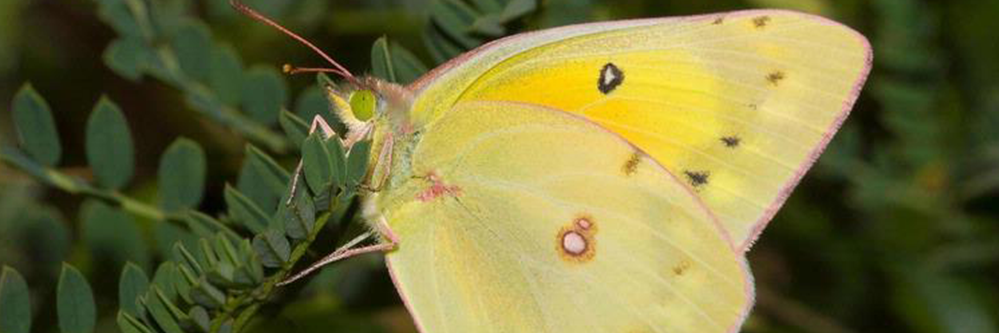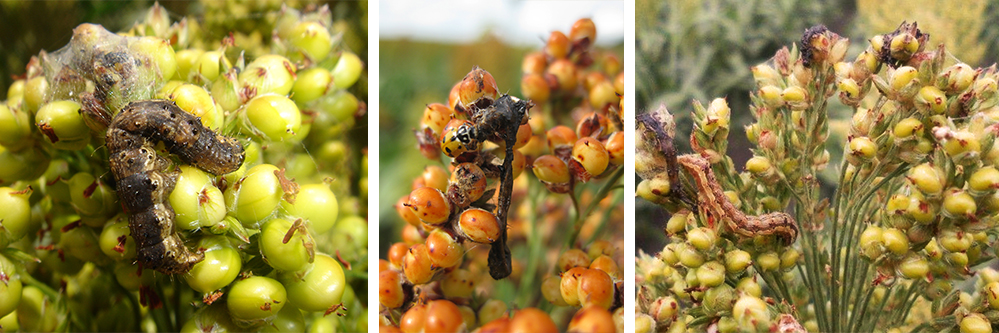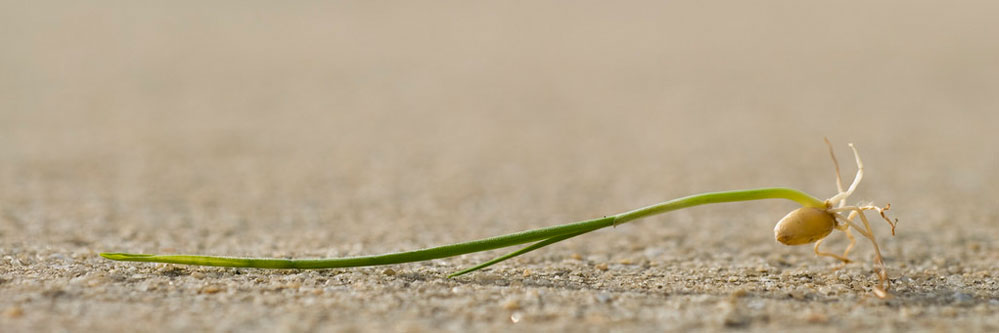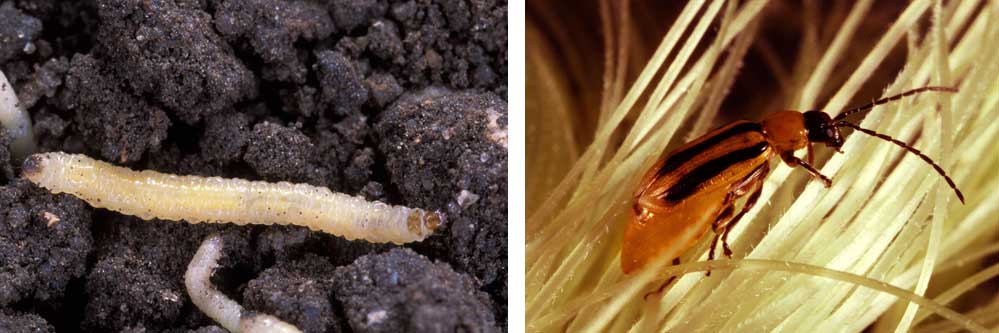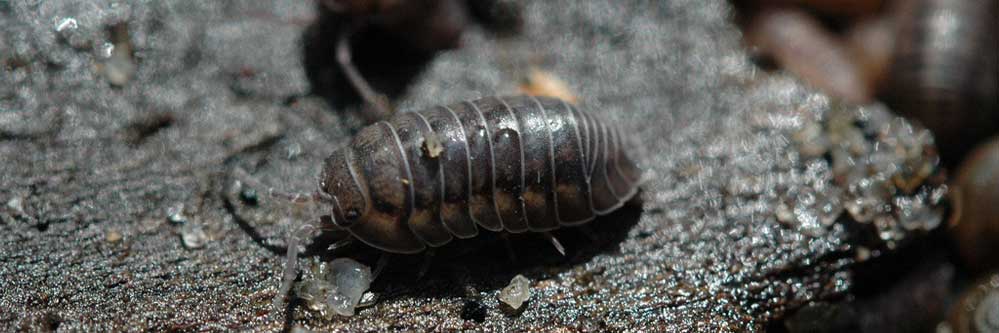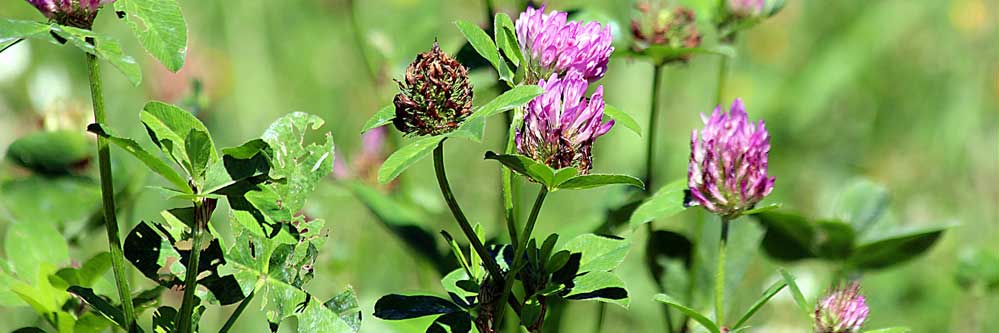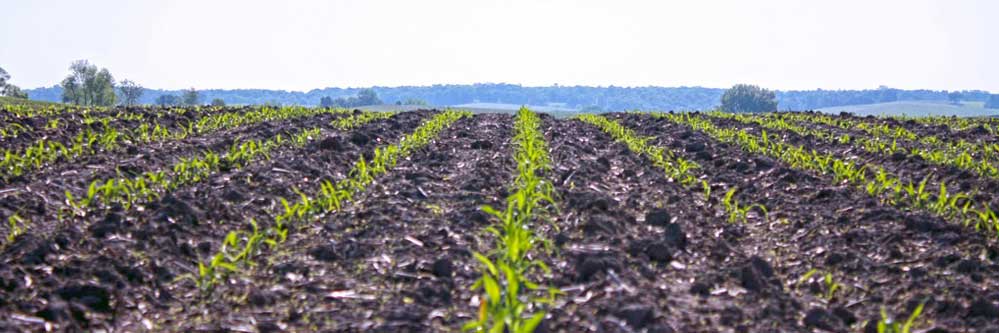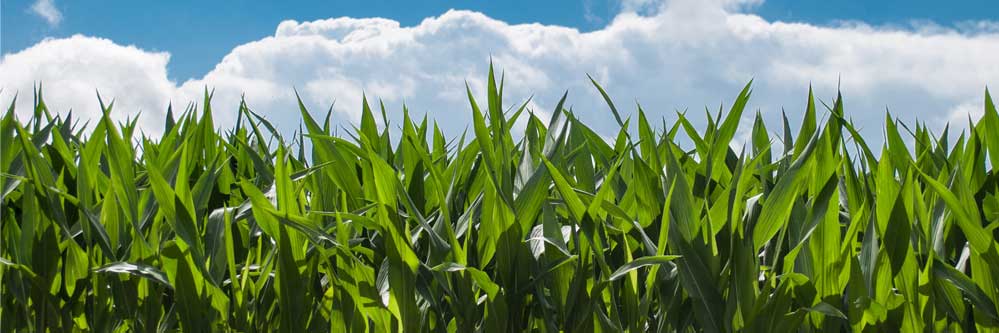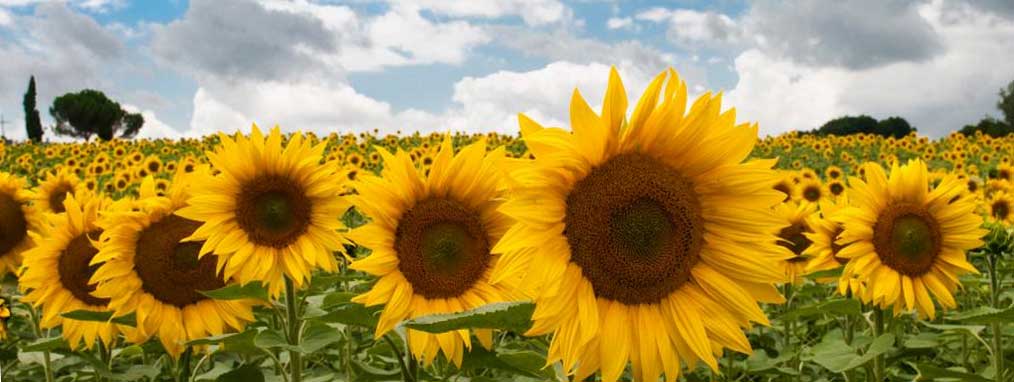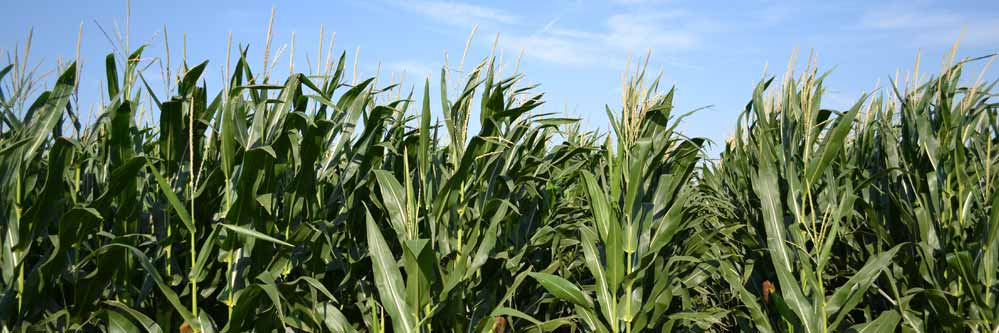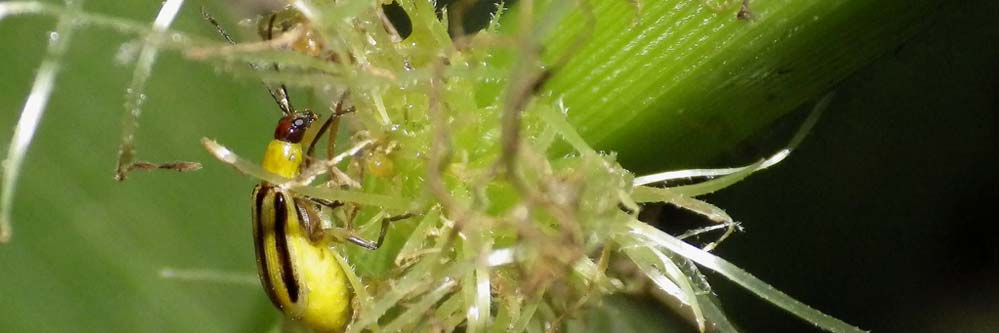Managing Alfalfa Caterpillars
What are all those little yellow butterflies that we see around hay fields during mid to late summer? They are commonly known as Sulfur Butterflies. Although there are a few different species of Sulfur Butterflies, the more common ones near alfalfa or clover fields are most likely Alfalfa Butterflies or Orange Sulfurs. In the larval [...]
